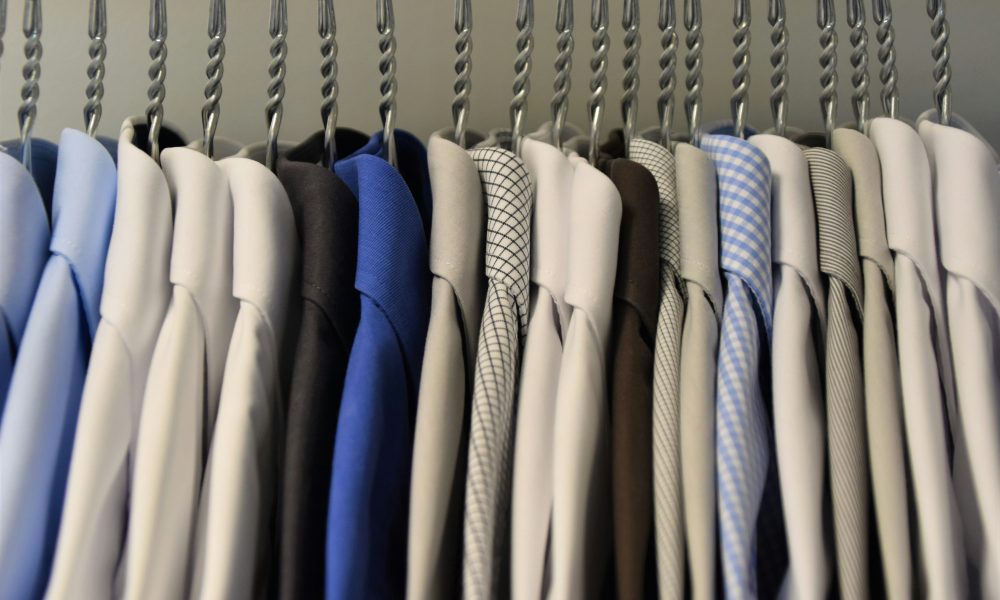A Case For Casual Clothing in The Work Place
Through all my school and work experiences, I have come to realize that I’ve never felt better than when I was wearing some comfortable clothes and had nothing to worry about. Back when there was a uniform I had to wear, I was always in uncomfortable clothes to make sure I followed the dress code. However, when I finally got the freedom to wear whatever I pleased, I didn’t even think about wearing something stylish. I went straight for comfortable clothes, wearing whatever made my body feel cozy. I remember the first day I wore comfortable clothes and shoes, I went to school and got tons of questions about what I was wearing. Why was I wearing open shoes? Why wasn’t I wearing a fashion trend like Jordans? I couldn’t help but look at everybody and think comfort is too good to pass on. I never really thought of dressing to impress or to be professional, it is just too uncomfortable.
The dress codes should prioritize comfort rather than professionalism because style should not be prioritized over comfort. While style is often emphasized over being presentable or fashionable, there should be a greater emphasis on comfortable work clothing. Yes, formal attire may be necessary for certain occasions, but comfortable work clothing can significantly improve employees’ moods and increase workflow and productivity.
About 41% of workers in the U.S. wear business casual clothing and this is the norm. But who decided this is what we all have to do? Why do I have to wear a suit just to be accepted in a professional environment? The fact that business attire is set in stone is odd. It feels like dressing to impress puts people in uncomfortable positions so they can look good for their employer. I am not saying we should never have to wear business casual. Sometimes you do need to dress up and maybe wear a suit, just not the majority of the time. Research indicates that there is a relationship between what you wear and how you perform which is known as Enclothed Cognition. So what if we encouraged comfortable clothing? I firmly believe that when you are comfortable, you work and understand things better. When your body is comfortable your brain sends signals to your body to make it feel relaxed, and that is better for your mind and might help you be more productive.
However, there are differing viewpoints on this matter, with some individuals expressing concerns about the perceived lack of professionalism and respectability associated with wearing comfortable clothing. Some think that when you are dressed up, you not only feel better but less stressed because you are dressed appropriately. But this might be the exact opposite. Some people can feel anxious that they have a fashion standard to meet which can be expensive and cause employees to be nervous, and feel inadequate.
Prioritizing comfort at work can lead to a more relaxed and focused workforce, ultimately benefiting both employees and employers. Embracing comfortable attire is a positive step toward improved productivity and well-being in the workplace. People need to start realizing that working in a better and more comfortable workplace can boost your mood. So what do you really gain when forfeiting your comfort?









